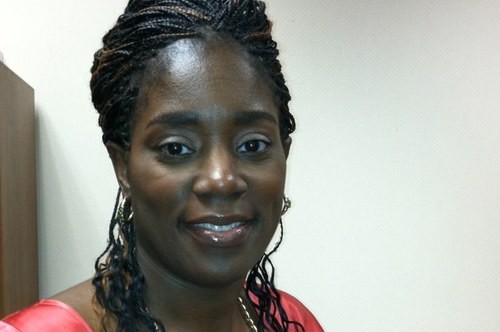 Following the first use of “controversial” in a story on the FBI statement that North Korea was responsible for hacking Sony Pictures Entertainment, traffic to articles refuting the statement has brought information security experts and media editors to their knees in gratitude.
Following the first use of “controversial” in a story on the FBI statement that North Korea was responsible for hacking Sony Pictures Entertainment, traffic to articles refuting the statement has brought information security experts and media editors to their knees in gratitude.
“The most hits one of my posts has ever gotten was just under 10,000”, said Bob Checksum, a previously obscure engineer known only to hacker convention attendees. “After writing my first North Korea denial post I am averaging 1.2 million hits per day to my blog.” A look of awe on his face and a tear in his eye, he added: “It’s like Christmas every day, now. Even my aunt shared one of my articles with the list of friends and relatives who have been too polite to ask her to stop forwarding crap to them.”
 As we all wrestle with the issues surrounding Syria we raise the theories of conspiracy to new heights. Dilbert creator
As we all wrestle with the issues surrounding Syria we raise the theories of conspiracy to new heights. Dilbert creator 
 The world watches as the Arab Spring takes another turn in Egypt, and we wonder what the future holds. For many cynical observers all such news bolsters simplistic views of “things always being that way
The world watches as the Arab Spring takes another turn in Egypt, and we wonder what the future holds. For many cynical observers all such news bolsters simplistic views of “things always being that way 
 As we consider the construction of national and global situational awareness systems to secure our manifestly complex infrastructure we run into a range of hurdles. Several of the more critical hurdles relate to the scope of the datasets needed. How do we get huge amounts of data from millions of facilities? How do we keep these vast pools of knowledge from becoming an Achilles’ Heel that attackers leverage to bring down everything at once?
As we consider the construction of national and global situational awareness systems to secure our manifestly complex infrastructure we run into a range of hurdles. Several of the more critical hurdles relate to the scope of the datasets needed. How do we get huge amounts of data from millions of facilities? How do we keep these vast pools of knowledge from becoming an Achilles’ Heel that attackers leverage to bring down everything at once?
 There are times for finesse and then there are times for blunt force. Determining which is which is often the defining characteristic of success in any endeavor. The ongoing efforts to address cybersecurity risks and threats to industrial systems have for many years been a period where finesse and patience rule as we slowly accrete the requisite components from which a solution can be constructed. The time has come, however, to swing some hammers.
There are times for finesse and then there are times for blunt force. Determining which is which is often the defining characteristic of success in any endeavor. The ongoing efforts to address cybersecurity risks and threats to industrial systems have for many years been a period where finesse and patience rule as we slowly accrete the requisite components from which a solution can be constructed. The time has come, however, to swing some hammers. Twenty years ago it may have been true that force was the only way to deal with geopolitical threats like Saddam Hussein. Ten years ago it may have been true that force was the only way to deal with festering extremist threats like Al Qaeda. But today we live in a world where we can attack the very soil that violent intolerance and extremism rise from. We can rob it the pestilential conditions it needs by encouraging environmental conditions where opportunities provide hope to the Millenials who are preparing to take over from their Cold War parents.
Twenty years ago it may have been true that force was the only way to deal with geopolitical threats like Saddam Hussein. Ten years ago it may have been true that force was the only way to deal with festering extremist threats like Al Qaeda. But today we live in a world where we can attack the very soil that violent intolerance and extremism rise from. We can rob it the pestilential conditions it needs by encouraging environmental conditions where opportunities provide hope to the Millenials who are preparing to take over from their Cold War parents.